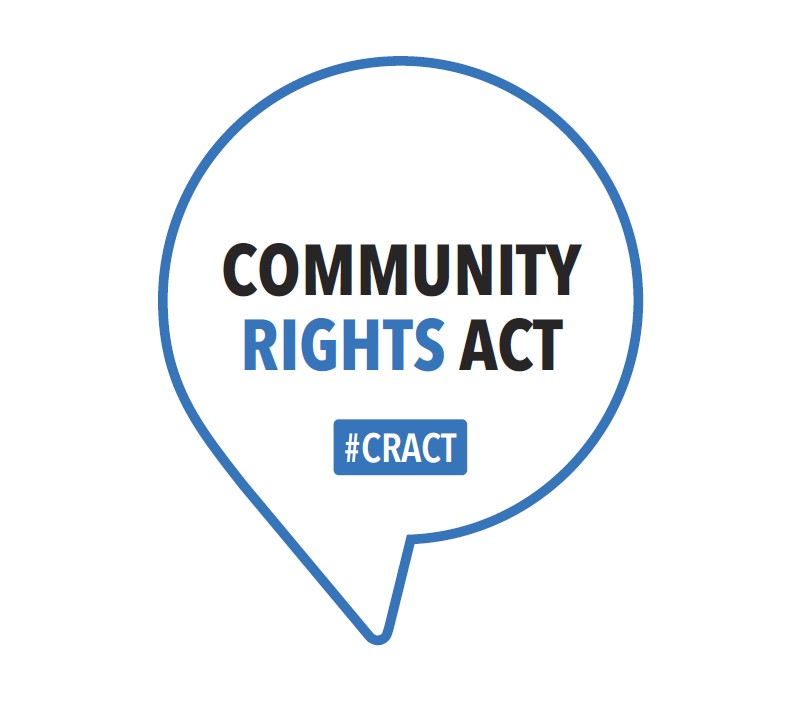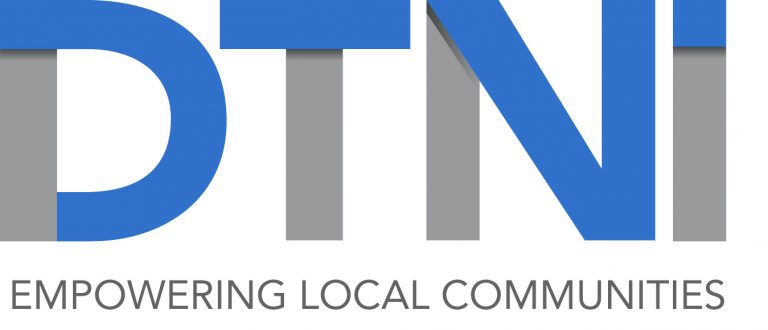Community Rights
DTNI, supported by the Joseph Rowntree Charitable Trust, is leading the debate in support of a Community Rights Act for NI. Get involved!

Legislation in Great Britain has enabled citizens there to have a greater voice in community and spatial planning and in the collective management and ownership of land and buildings. Similar legislation would bring great economic and social benefit here in the north of Ireland and encourage a more participative democracy across NI.
Community rights are group rights and should be seen as an extension of the principle of democracy by expanding citizen participation in decision-shaping and decision-making.
Communities should have specific rights to enable them to deliver social and economic development priorities. These rights should sit alongside other legislative provisions that give statutory authority to public agencies and local government.
Community rights legislation can give communities the tools to drive social change and hold local public authorities to account by conferring a right to own, to buy, to participate and to challenge.
What an NI Community Rights Act can provide:
- Help communities shape the places in which they live through neighbourhood and community planning
- Provide communities with the right to buy, build and own assets – including both public and private assets
- Enable communities to participate in commissioning, to improve the delivery of local services
- Move communities to a participative and ownership-based approach to economic & environmental development
- Provide public authorities with clear guidelines
Community Rights in Britain
The community rights legislation in Great Britain, is distinct in its purpose, being concerned with community engagement and ownership.
That should inform our thinking in NI also.
Consider the Localism (England) and Community Empowerment Acts (Scotland) below, as guidance for the types of provision we ought to consider when shaping our own legislation:
Localism Act 2011 (England)
Gives local community groups the opportunity to express their interest in running a local service where they think they can do it better – the right to challenge.
- Compels local authorities to consider and respond to this challenge and, where they accept the case presented, run a procurement exercise in which the challenging organisation can bid
- Makes it easier for local groups/people to take over and run amenities
- Provides a platform to support community social enterprises & local volunteers to change how things are done
- Provides a means to call local authorities to account for the management of public money
Community Empowerment Act 2015 (Scotland)
Provides communities with the power to address an identified need e.g. to tackle inequality, to contribute to regeneration or economic development, or improve health & wellbeing – the right to participate.
Where a community believes it can improve the outcome of a public service:
- A participation request may be submitted to public service providers by a community organisation, specifying the outcomes it expects to achieve, why it should participate and its relevant knowledge and expertise.
- If the local authority decides to refuse this request, the decision must be based on reasonable grounds.
- Improvements to services agreed through the participation request are published, including how communities were involved in decision making.
Provides community organisations with the right to purchase, lease, manage or use land and buildings belonging to local authorities – the right to own (this is distinct from the ‘right to buy’ provision which is aimed at individuals and companies).
- Requests must be granted unless the public authority can demonstrate ‘reasonable grounds’ not to.
- Communities may request a review of the decision to refuse and an appeal option to government.
- Public bodies must maintain and publish a list of their assets
- To request ownership, the public body must either be constituted as a company limited by guarantee or a community benefit society
- Community rights provide the means to hold local public authorities to account. It is not enough to leave change to politicians alone - communities themselves are the solution for social change and should play a fuller role in social and economic development.
